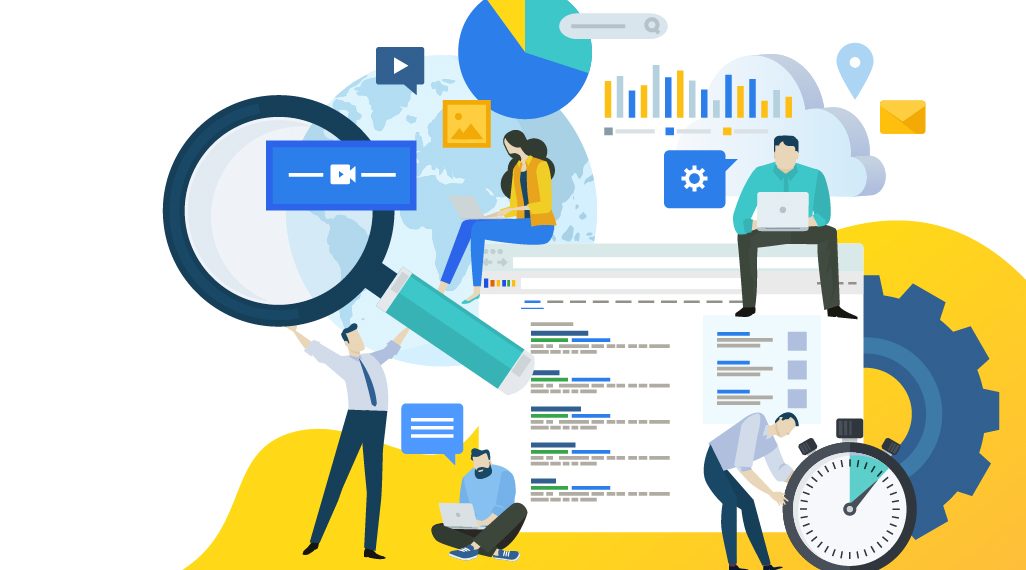Top 5 Annoying Web Design Problems You Need To Avoid
Poor user experience can lead to your future clients clicking off of your page. It can also result in poor conversion rates, low search result rankings, and a bad public image.
Web design is always changing with decisive techniques replacing inefficient practices. For this reason, your website needs to flourish and change to provide a positive experience for you and your user.
Here are some everyday web design issues that may be frustrating for your site visitors.
1. Your Website’s Loading Speed
Slow load times will not only frustrate you and your visitors, but it will affect your conversion rate and how customers view your brand. This is true for mobile users who rely on their mobile internet connection when getting online. If your site loads slowly, visitors of your site will sometimes blame your content instead of their internet connection.
Image size, videos, and code are sometimes factors in a pages slow load time. Optimizing your content for web is a top priority when trying to please your target audience.
2. Mobile Responsive
It’s tough to view a website on your smartphone when you have to scroll from left to right just to look at all of its content. Having to pinch-to-zoom in on things that are too small on pages is very frustrating. These things can happen to your site when it’s not mobile-responsive, thus providing a bad user experience.
Google rewards websites that are mobile-responsive. If you see your website close to the bottom of a Google search you will have to make sure your site is optimized to be viewed on all devices.
3. Poor Site Navigation
Does your website have a clear navigation path? Most good websites have a clear funnel of where they want their potential clients to end up. Make sure your CTAs (call to actions) are apparent. You will receive more business if your visitor has a simple path to your end goal. Avoid making things difficult.
4. Does Your Imagery Make Sense
Try and use images that relate to what you do. There are tons of images on the internet that is outstanding and eye-catching, but does it relate to your brand.
Using your own imagery can also negatively affect your brand. Make sure your photos are sized correctly and are high resolution to really boost your image.
5. Using Keywords Properly
Don’t go overboard when trying to use keywords. It doesn’t make for a positive reader experience when it seems too forced. Google does give you a better score for using keywords, but they also penalize you for stuffing too many keywords onto a page. Write like a human, and not a robot.

